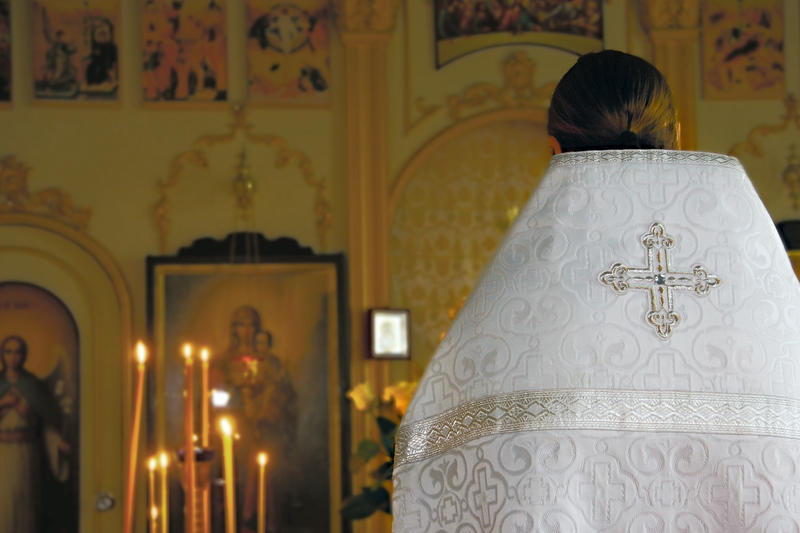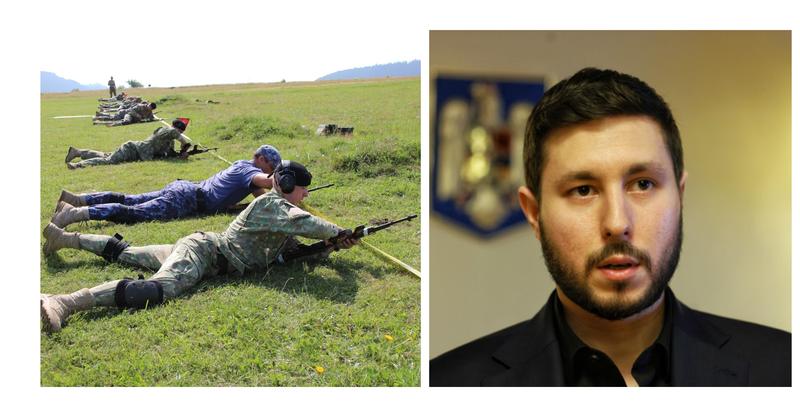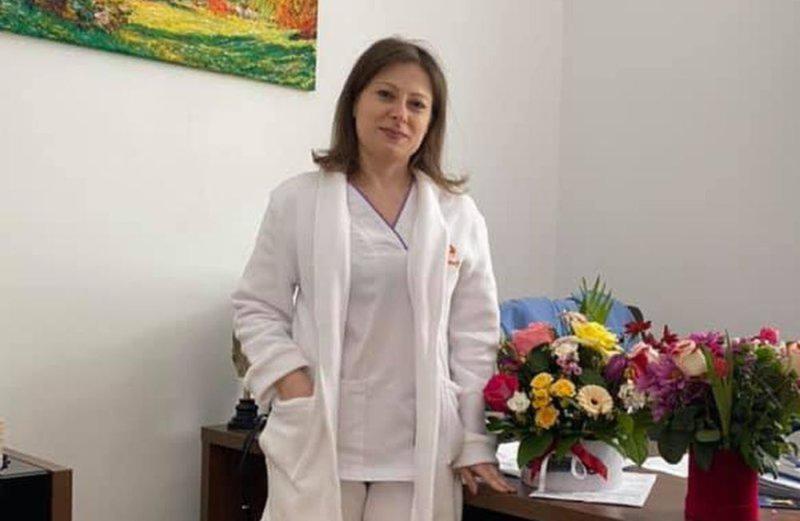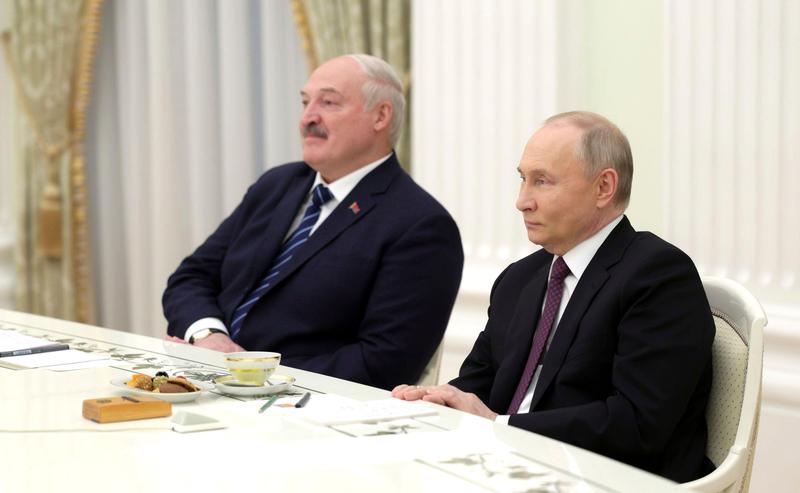A couple of days before the new year, the entire financial system seems to be shaken down by the newly installed Government. Inheritor of many electoral promises, the new cabinet is forced to either adopt or reject dozens of new fiscal rules, in a system already compromised by too many and too important changes.
The first step was to block the entire Budget Law for 2009. Gandul notes that the social insurance budget and the state budget for 2009 will be withdrawn from the Parliament and a modified version will be submitted to vote in January. Evenimentul Zilei adds that the accelerated decrease of income to the state budget noted during the past two months made the economic situation far worse than expected. Budget resources must be re-evaluated in order to put up a realistic budget, the newspaper comments.
Also in Evenimentul Zilei, one may find a comprehensive list of all changes in taxation for 2009, supposed to come into force on January 1st, 2009. The list includes incentives for those who pay their taxes on time or earlier, an increase of the minimum wage from 540 to 600 RON, the deductibility of larger amounts paid for private health insurance and pension funds, as well as tax cuts for reinvested dividends and stock dealing.
Once again, Romania's most controversial tax, the car tax, is subject to modifications. The new Government intends to suspend the tripled tax imposed by the last cabinet, as well as the tax cut for Euro 4 vehicles, and set once again new values for the tax. The tax may even turn in an annual pollution fee, or a combination between license tax and pollution tax, Cotidianul reads.
Meanwhile, the Romanian currency - RON - reached its maximum devaluation level for the year, almost 4 RON per Euro, in the last-but-one transaction session. The Romanian Central Bank announced a reference exchange rate of 3.9964 RON per euro on Monday, Gandul informs.
Still, the devaluation of the national currency means, most of all, a lower budget deficit in 009, analysts already estimating a deficit decrease from 13-14.1% of the budget in 2008 to 8-9% in 2009. Direct foreign investments will also decrease, from over 9 billion Euros to 5-7 billions in 2009, but the amounts gained in European funds will certainly cover the difference, analysts say, according to Cotidianul.




















